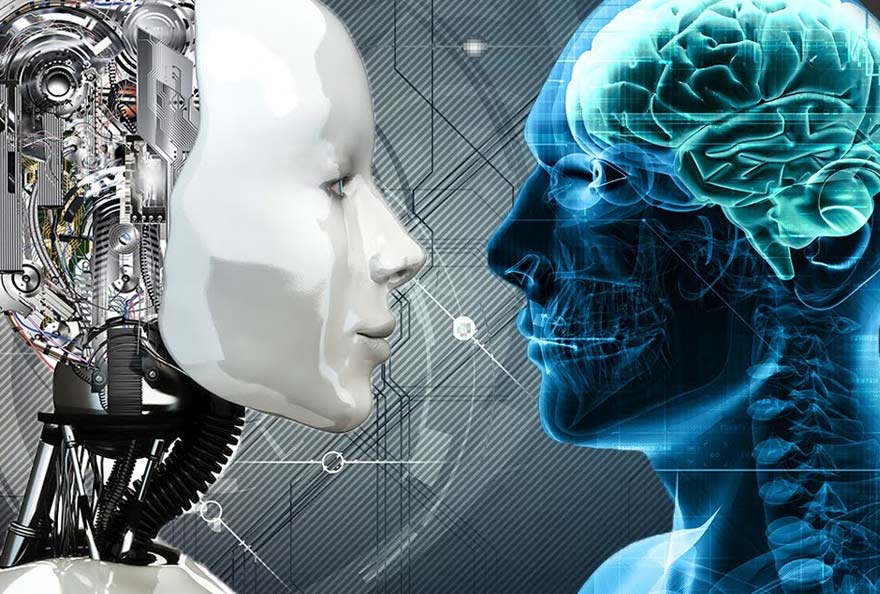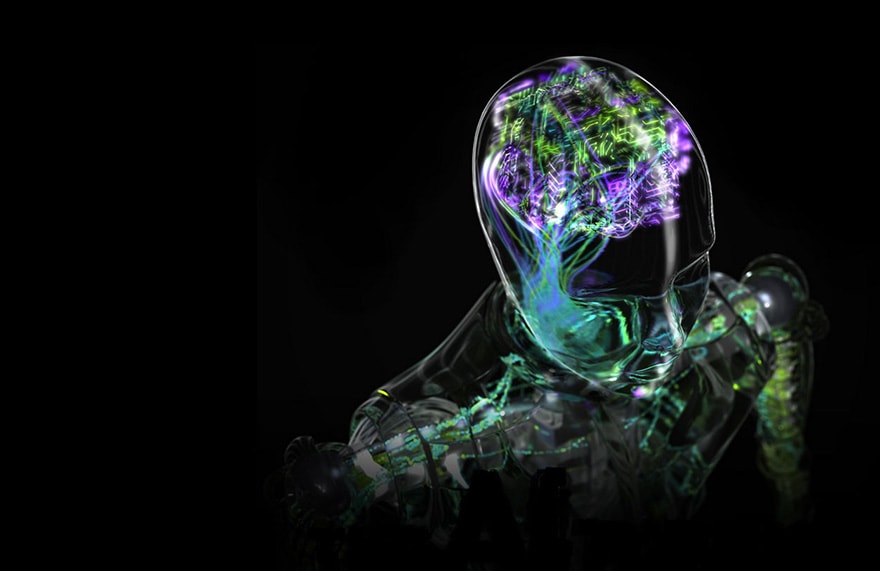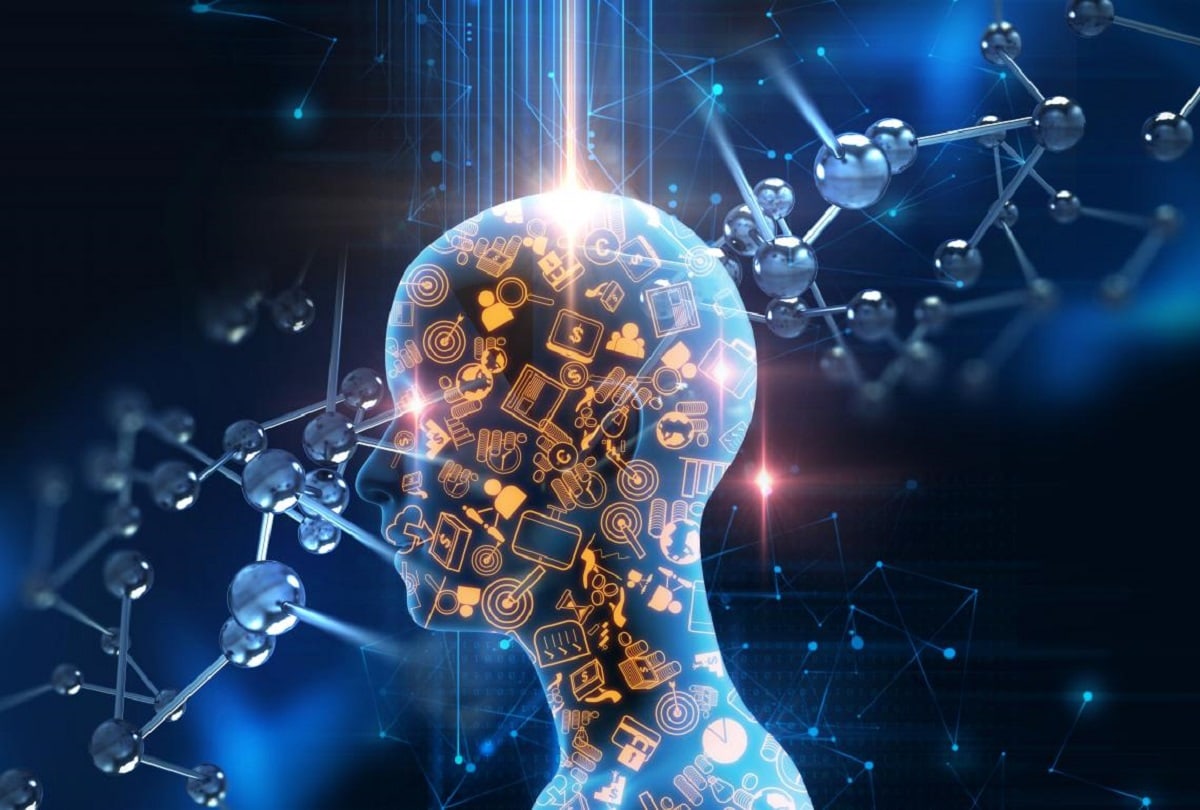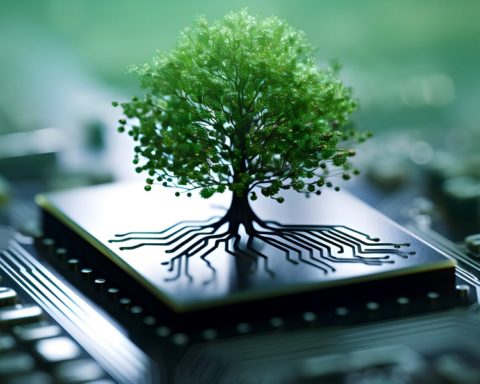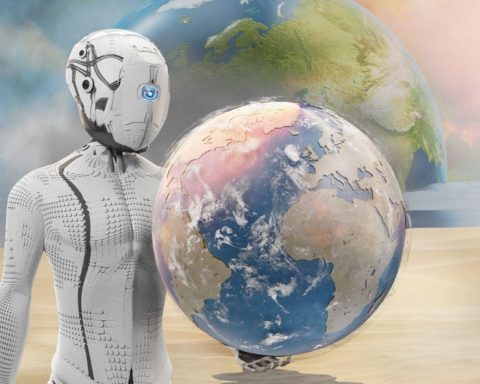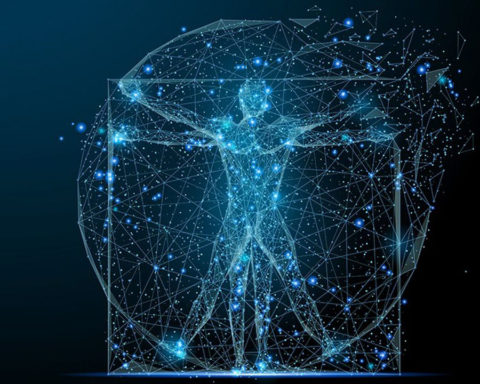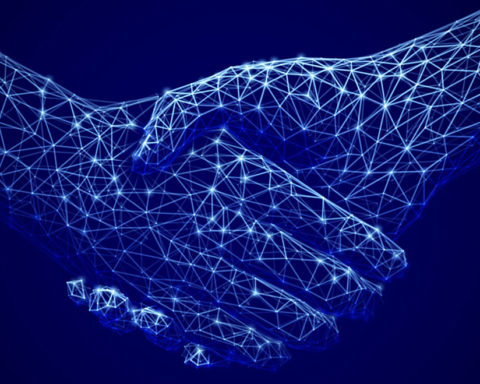Artificial intelligence has already been present in our daily lives for many years. For many, it is becoming the magic solution to all problems. Is this reasonable? Is it a fad? Is it a reality? What should we think of this breakthrough of AI in our daily lives? Many important questions on this topic would impose not to rush towards bad solutions to problems that are well posed, but in a world that is moving very fast, it is urgent to act, we must propose advances before it is too late.
Sf we are reaching convincing results of concrete applications of AI today, it is thanks to the work carried out over the last few decades, although its birth was declared in the 1950s. But the computing power of computers, the algorithms, the generation of collected data have only been sufficiently advanced in recent years, allowing these sometimes remarkable applications. We then see the rebirth of AI.
So we're talking about Artificial Intelligence more and more, but what is it? What is its definition? What is its segmentation?
The expression "Artificial Intelligence" now takes the place of the word "Innovation" in the media, speeches and articles, I like to make this analogy with Innovation which only makes sense if it benefits an improvement of the human living condition, Artificial Intelligence will have to follow the same path for it to have legitimacy in this dynamic that it takes in today's world of disruption.
To achieve this goal and not become just a marketing movement, AI must not become "AI washing", it will have to become a theme that everyone can understand, while avoiding it becoming a misused expression, as innovation was for a long time in its early days, 10 or 15 years ago, when the definition was not known to everyone, let alone accepted and shared.
The most important thing, therefore, is to share the same vision of this concept in order to be able to understand how and how this new technique will be able to improve the human condition tomorrow and not deteriorate or even destroy civilization.
AI can be simply defined as a technique that solves complex problems that a classical algorithm could not describe exhaustively. It addresses the domains of cognition, those that are not easily modelled by a process of describing the decision faced with a problem by simple reasoning. AI refers to the simulation of human intelligence processes by machines and computer systems.
These processes include learning (the acquisition of information and rules related to its use), reasoning (the use of rules to reach approximate or precise conclusions) and self-correction.
Laurence Devillers, a researcher at Limsi, defines AI as follows: "a set of theories, algorithms and software, whose objective is to simulate human cognitive abilities". Then, just as innovation is segmented in a binary way by defining it as "incremental" or "disruptive", we will speak of "strong" AI and "weak" AI.
Weak AI aims at reproducing an observed behaviour, by a computer program, it is not able to produce knowledge by itself, it solves a specific problem and that's all, we will talk about strong AI when we respond to cognitive abilities equal or superior to the human being, to a self-awareness and the possibility to experience feelings, emotions, we are far from reaching this stage to date.
How does it work? It's all based on learning, a simulation of human neurons.
We are no longer trying to program the algorithm to solve the problem posed but a generic algorithm that allows us to find the solution by learning from numerous examples that we will present as input, hence the importance of the "data", essential to the performance of the device, isn't the relevance of a human brain built this way?
Should we be afraid of AI? To answer this question, I like to make a metaphor with the human, AI is at the beginning of its development, we talk about weak AI, it's like facing a 4 year old child.
The gestation period of this "technological child" did not take nine months but lasted from the 1950s (1956, Dartmouth conference) until the 1980s when it was finally born (application expert systems).
The early 2000s has shown a remarkable capacity for learning, just as a child shows when he has to learn to walk, to speak, who begins to reason on a restricted field of subjects, he grows slowly but surely. Now, should we be afraid of this child at this age?
No, of course, then everything will depend on how this child is brought up, most parents will be respectful of the rules, of the environment, of humanity, but some will not have this same ethic, but should we make it disappear for fear that it will become a parasite on society? No of course, we will have to control it, contain it, we will have in the years to come the same questions that will face our technological children so that they become technologies at the service of man, to help him, to assist him and not to fight him, this risk will come with the passage to adolescence of AI, in the next 15 to 20 years, when it will come out of its weak AI phase to start crossing the border of strong AI which will make it an adult in 25 to 30 years perhaps.
The other recurring question on AI is that of the explicability of the reasoning of an AI-based decision system, explaining for better control, to build confidence. Just as we can sometimes not understand, let alone explain the reasons why a human could make an unpredictable decision, it will always be very difficult for the machine to explain its reasoning because of its complex construction, imitating a human brain. We have taken advantage of its advantages, without resolving the disadvantage. The algorithm of Deep Learning is anything but deterministic. Just like humans, we will have to learn to trust it, we will only get it if we have raised it well, otherwise we will be faced with a harmful adult. The analogy to humans works on all phases of the life cycle of this promising new technology that is AI, but it must be mastered to avoid misuse.
So what can we say about the future of this technological child that is AI today?
In my opinion, he will have a capacity to adapt to the environment that will become stronger and stronger with experience. He will benefit from the knowledge accumulated during the learning time of his technological parents, thus fostering the confidence of men in using his new powerful tools and becoming truly intelligent at that time.
To illustrate this vision, let's take the example of the autonomous vehicle. It will experience setbacks at the beginning, it's obvious, it's inevitable, as long as the child does not become an adult, but then, his intelligence will benefit from the collective, from the case learning of his brothers, his technological parents, allowing a driving performance without common measure with that of humans. The number of accidents will be close to zero in the mature state, which we are unable to do with humans alone in the loop, as we do today...
In conclusion, the primary scope of AI has been that of technique, of technology what innovation has done. But then, innovation had to turn to societal aspects in order for it to take a major place in tomorrow's world. AI will also have to take this turn and now address areas on the fringes of techno, even if they are very often based on solid technological foundations.
AI is going to have to turn to the human, to be at the service of the human rather than trying to replace it. The challenge for the future of this technology is there, rather than wanting to push it towards the market at all costs, we will have to give priority to real needs and demand, thus moving from a strategy of techno push to that of market sweaterThe ideal is to do both at the same time as suggested by the MIM© methodology (see the book "La Route des Innovations").
It is urgent to act, the world is moving fast, we must propose these advances before it is too late. AI must always remain at the service of humans and not the other way around.
Bernard Monnier, Electronic Engineer, MBA - Expert in Open Innovation and Artificial Intelligence
To go further :
- Book" The Innovation Road "Caillade Edition
Login
0 Comments
Inline Feedbacks
View all comments

